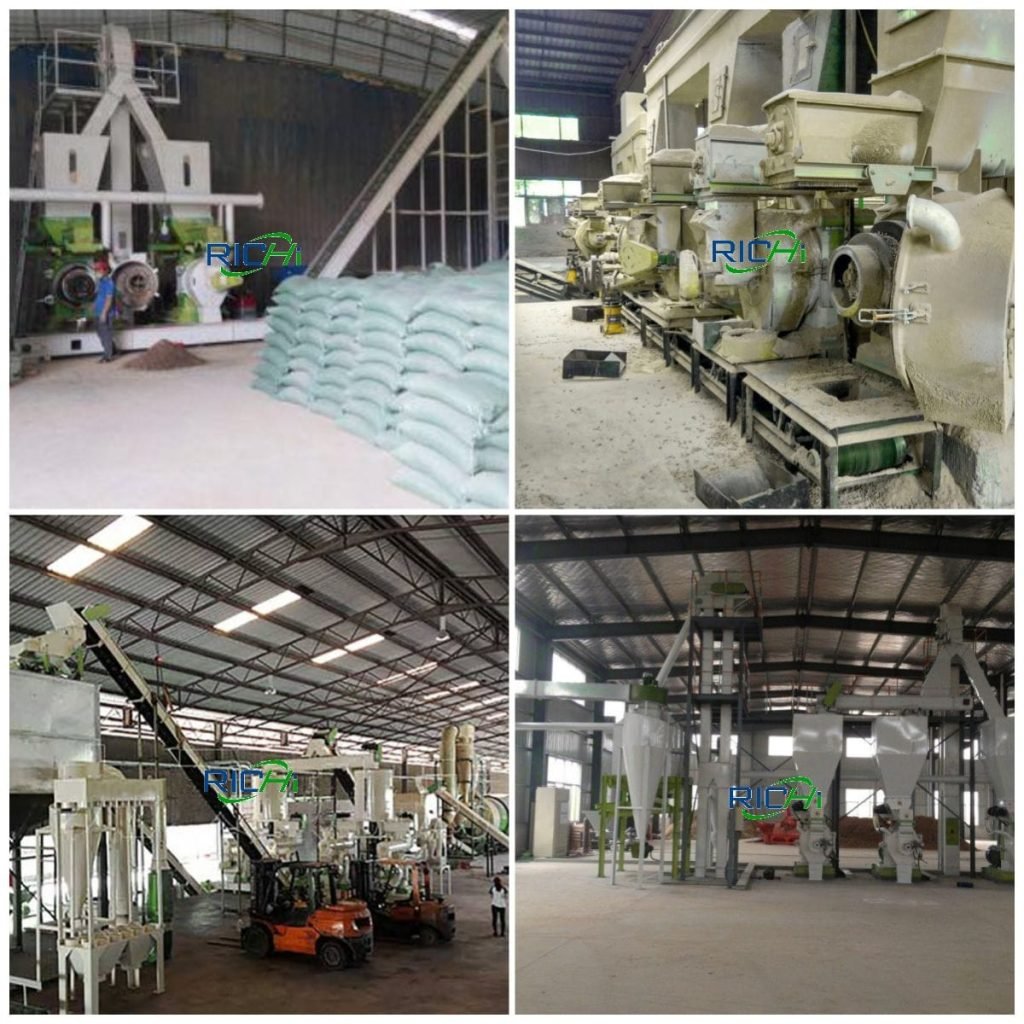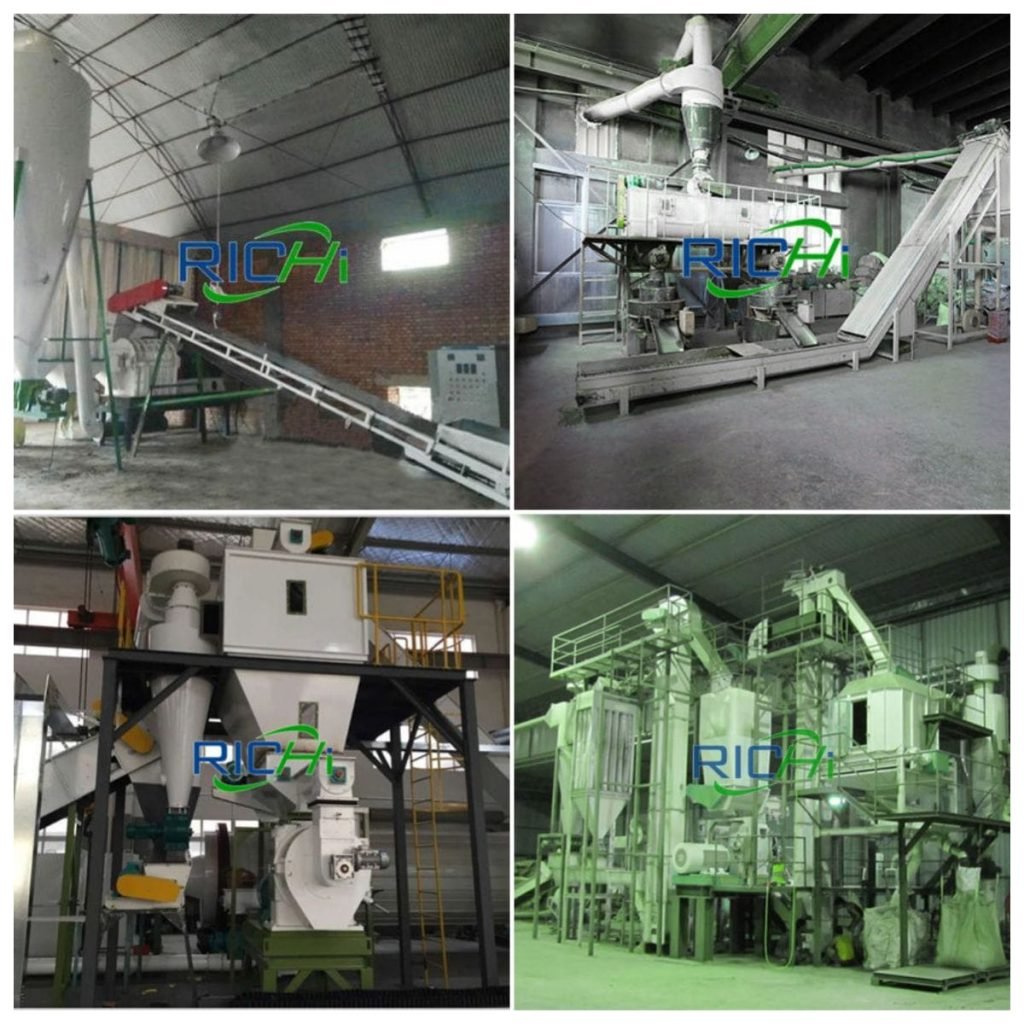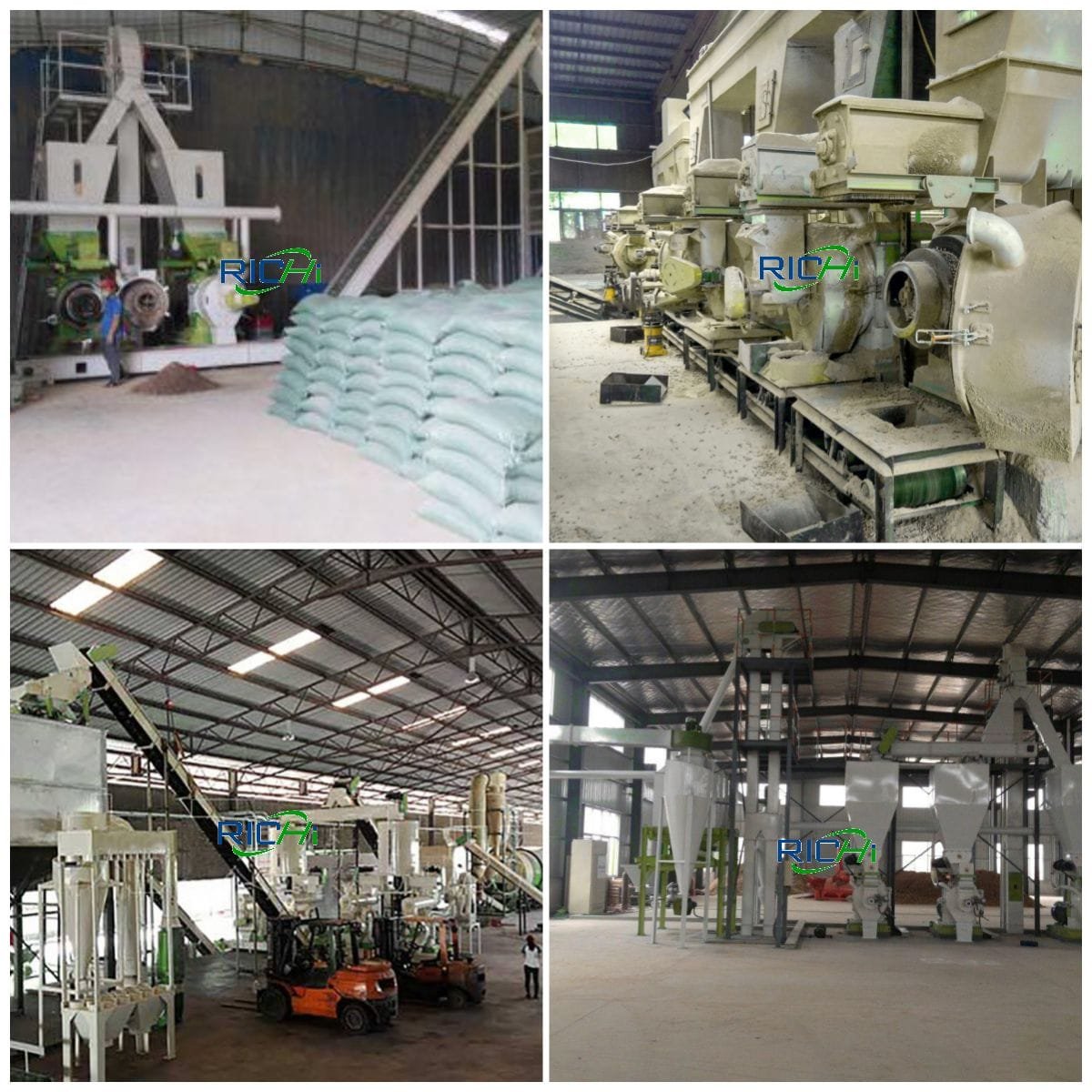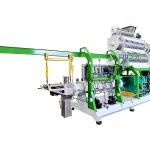Biomass pellet mills are machines that compress and shape biomass materials into small, cylindrical pellets. These pellets can be used for a variety of applications, including heating, power generation, and animal feed. One important characteristic of biomass pellets is their density, which can impact their efficiency and effectiveness in different applications.

Density is defined as the mass per unit volume of a substance. In the case of biomass pellets, density is typically expressed in units of grams per cubic centimeter (g/cm3) or kilograms per cubic meter (kg/m3). The density of biomass pellets can vary depending on several factors, including the type of biomass material used, the moisture content of the material, and the pressure used to form the pellets.
Related post: biomass pellet line
The density of biomass pellets is an important factor to consider because it can impact their combustion efficiency and energy output. Higher density pellets tend to burn more efficiently and produce more heat per unit of volume, which can be beneficial for heating applications. In addition, denser pellets are generally more resistant to breakage during handling and transport, which can improve their overall durability and shelf life.
The density of biomass pellets is influenced by the type of biomass material used in the pelletization process. Different types of biomass have different physical and chemical properties that can impact the density of the resulting pellets. For example, materials with high lignin content, such as wood, tend to produce denser pellets than materials with low lignin content, such as straw or grasses.
In addition to the type of biomass material, the moisture content of the material can also impact pellet density. Higher moisture content can result in lower density pellets because the excess water can prevent the biomass particles from compressing and bonding together effectively. On the other hand, overly dry materials can also result in lower density pellets because the lack of moisture can cause the particles to become brittle and break apart during the pelletization process.

Related post: https://www.richipelletmachine.com/biomass-pellet-line/
The pressure used to form the pellets is another important factor that can impact pellet density. Higher pressures generally result in denser pellets because they help to compress the biomass particles more tightly together. However, excessively high pressures can also lead to other issues, such as increased wear and tear on the pellet mill and higher energy requirements.
There are several methods that can be used to measure the density of biomass pellets. One common method is to use a specialized device called a pellet density meter, which can measure the mass and volume of a given pellet to calculate its density. Other methods include measuring the weight of a known volume of pellets, or measuring the volume of a known mass of pellets using displacement methods.
The density of biomass pellets can also be impacted by factors such as pellet size and shape. Generally, smaller and more uniform pellets tend to have higher densities because they can be packed more tightly together. In addition, pellets with irregular shapes or rough surfaces may have lower densities because they can leave gaps or air pockets between pellets, reducing their overall mass per unit volume.
In summary, the density of biomass pellets is an important characteristic that can impact their efficiency and effectiveness in various applications. The density of pellets is influenced by several factors, including the type of biomass material used, the moisture content of the material, and the pressure used to form the pellets. Measuring and optimizing pellet density can help to improve the overall quality and performance of biomass pellets for different applications.
For details please contact: pellet making machine
WhatsApp:86 138 3838 9622
Email:enquiry@richipelletmachine.com


